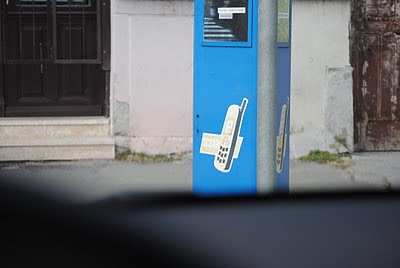A New Year's Greeting

After a holiday hiatus, I have to get back in the blogging game. And there's no better way to do so than to rely heavily on one of my favorite Op Ed columnists - David Brooks . In his latest piece he reviews a book called "All Things Shining". He highlights several parts of the book, but let me cut to the chase. Brooks paraphrases authors Hubert Dreyfus of Berkeley and Sean Dorrance Kelly of Harvard when he says this: The most real things in life well up and take us over. They call this experience “whooshing up.” We get whooshed up at a sports arena, at a political rally or even at magical moments while woodworking or walking through nature. He then goes on to dismiss some of the conclusions these two philosophers come to, but zeroes in on something that grabbed my attention: We have official stories we tell about our culture: each individual is the captain of his own ship; we are all children of God. But in practice, willy-nilly, the way we actually...





.JPG)






